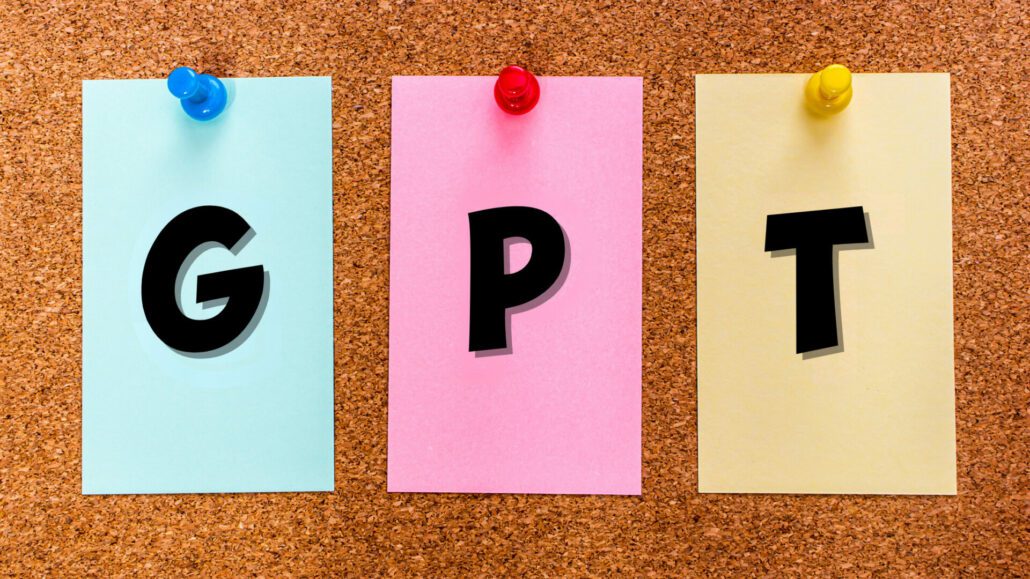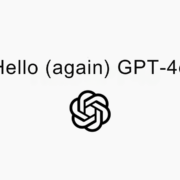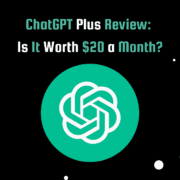Don’t Sleep On Custom GPTs: What People Are Misunderstanding

Last week’s announcement at OpenAI’s Dev Day about Custom GPTs stirred the AI community with excitement and skepticism. Custom GPTs are tailored versions of ChatGPT designed to assist in daily tasks at work or home. Despite the initial buzz, critiques soon followed, with some dismissing these advancements as mere glorified system prompts. This article aims to delve into what Custom GPTs truly represent, their potential impact, and why reducing them to mere system prompts misses the larger picture.
Understanding Custom GPTs
Beyond Simple ChatGPT Prompts
Custom GPTs are indeed system prompts, but that’s precisely where their strength lies. These are workflows; structured, sharable prompts that simplify user experience. They embody specific prompts, transforming them into accessible, user-friendly tools. This shift from complex prompt engineering to a simple, sharable format is a significant leap in user experience.
The Step Towards Autonomous AI Agents
While not fully autonomous agents, Custom GPTs represent a cautious step towards this future. OpenAI’s approach is grounded in real-world testing rather than speculation, ensuring each advancement is robust and practical. They are part of a broader journey towards AI tools that understand user context and can accomplish tasks more autonomously.
Use Case Simplifiers
For most users, the open-ended potential of AI is daunting. Custom GPTs serve as use case simplifiers, providing structured, focused tools that users can easily navigate. They offer a direct path to discovering ChatGPT’s potential, tailored to individual needs and interests.
Knowledge Transfer from Experts to Novices
Custom GPTs facilitate the transfer of knowledge from power users to the general population. They democratize advanced AI usage, making sophisticated tools accessible to everyone, regardless of their expertise in AI or prompt engineering.
ChatGPT Prompts vs Custom GPTs
| Feature | Traditional ChatGPT Prompts | Custom GPTs |
|---|---|---|
| User Experience | Basic, linear interactions. | Enhanced, personalized interactions with diverse responses. |
| Ease of Use | Requires understanding of how to craft effective prompts. | Simplified interface and usage, more intuitive for users. |
| Customization | Limited to prompt engineering. | Advanced customization options to tailor responses. |
| Functionality | General-purpose, wide range of topics but less focused. | Specialized functionality for specific tasks or interests. |
| Adaptability | Standard responses, not user-specific. | Adapts to user preferences and learning over time. |
| Interactivity | Static, one-time prompts and responses. | Dynamic interaction, possibly with ongoing conversation context. |
| Integration | Limited to text-based input and output. | Potential for integrating with external data sources and APIs. |
| User Input | Requires precise and clear prompts for best results. | More forgiving to varied input styles, with guided assistance. |
Addressing the Critiques
Security and Privacy Concerns
Critics have pointed out potential security and privacy issues, such as the reverse engineering of custom instructions and accessing uploaded files. These are valid concerns that users and developers should consider when engaging with these tools.
The Complexity vs. Utility Balance
There’s an ongoing debate about the complexity of creating Custom GPTs and their utility. For average users, the creation process might be daunting, while developers might find the tools not sophisticated enough compared to direct API usage.
The GPT Store and Monetization
The upcoming GPT Store’s structure and monetization strategy are also topics of speculation. The store might resemble a subscription model rather than a direct sales platform, affecting how creators monetize their creations.
Looking Ahead at Custom GPTs
The Future of AI Agents
This is just a glimpse into a future where AI serves as personal, silicon-based extensions of our capabilities. The transition to AI agents as creative partners and personal assistants is an exciting yet daunting prospect.
Conclusion
Custom GPTs represent a significant advancement in making AI more accessible and user-friendly. They are not just an incremental step in AI development but a substantial leap in how we interact with and benefit from AI in our daily lives. As we continue to explore this technology, it’s essential to approach it with an open mind, recognizing its potential beyond the initial hype and skepticism.
Tony has a bachelor’s degree from the University of Phoenix and over 14 years of writing experience between multiple publications in the tech, photography, lifestyle, and deal industries.











Leave a Reply
Want to join the discussion?Feel free to contribute!